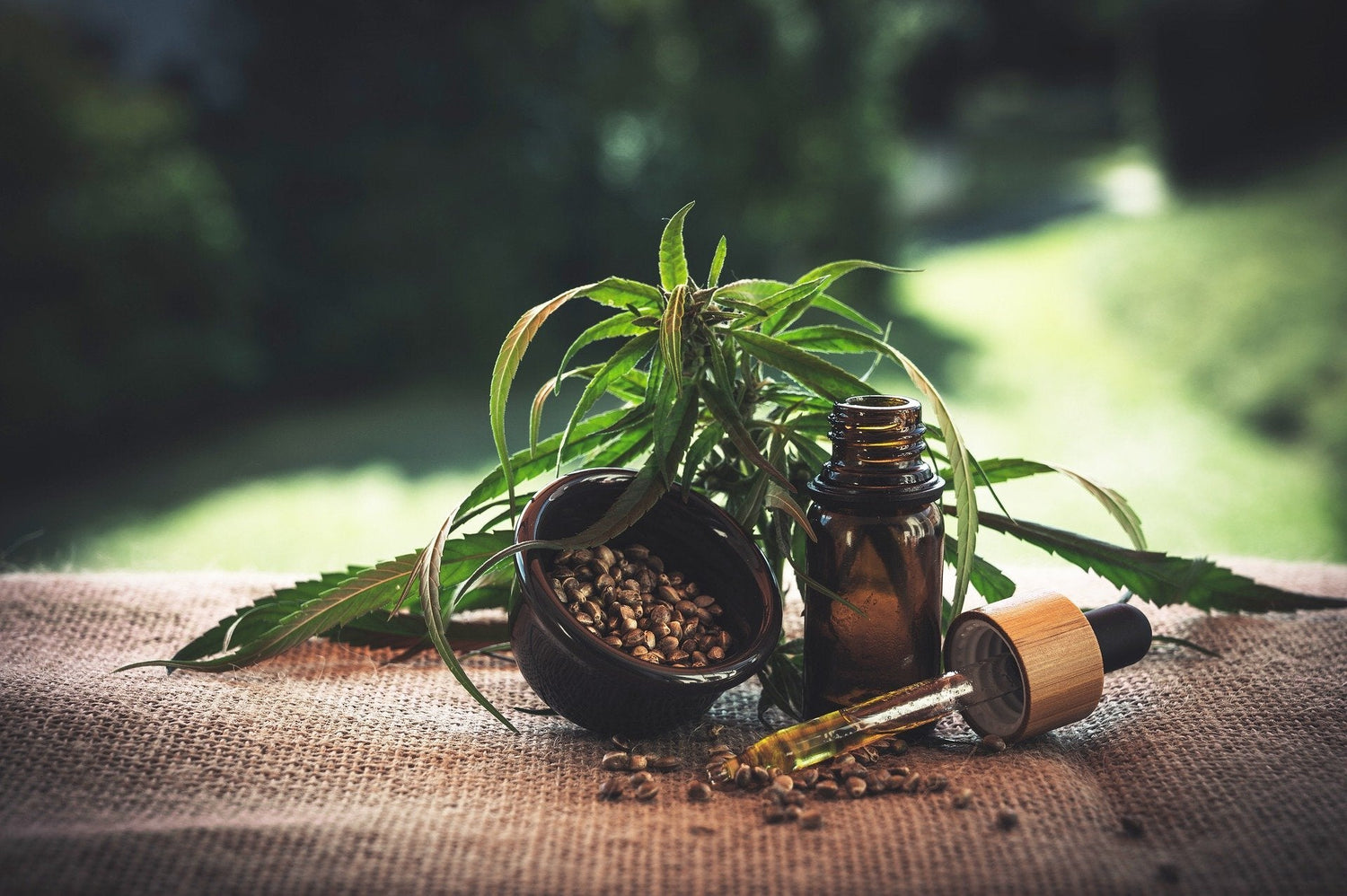Cannabis has long and deep roots in India’s history and is buried in tales and religion. The use of cannabis in ancient India is a rich tapestry woven into the cultural, religious, and medicinal history of the Indian subcontinent. From the sacred rituals of Hinduism to the ancient Ayurvedic texts, cannabis, known as "Vijaya" or "Bhang," has played a many roles in shaping the traditions and practices of ancient Indian societies.
Cannabis: its History in the Medicine of India
Cannabis was first mentioned in the Atharva Veda, the sacred Hindu literature, compiled between 2000 and 1400 BC where it was considered one of five sacred plants, and its leaves housed a guardian angel.
Medical Cannabis in India was shown as a source of happiness, a joy-giver, and a liberator, given to people as a gift to help them find happiness and get over their fears and anxieties.

The Sushruta Samhita, an ancient medical treatise, recommends cannabis plant extract for treating respiratory ailments and diarrhoea.
Cannabis & Lord Shiva
There are multiple stories benignly told on the connection between Lord Shiva and Cannabis.
- In Hindu mythology, there is a very popular episode of Samudra Manthan mentioned in Vishnu Purana. There was a big fight going on between the Gods and the Devils for the nectar of immortality. During this process of samudra manthan a very strange and unexpected thing happened, the ocean started releasing poison that could wipe out the whole world.
- Bothered and anxious with this situation, both Gods and Devils went to Lord Shiva seeking his help. Being concerned with the situation he imbibed the poison himself in order to protect the universe from catastrophe and while consuming poison his throat turned blue. It was then when his consort and wife goddess Parvati offered him cannabis to reduce the intensity of poison.
- The other story says that when he had a fight with his family, Shiva went off into the fields. He slept under a leafy plant, weary of the family feud and the extremely hot weather. After waking up, he tasted the plant’s leaves out of curiosity. After being instantly revived by the plant, Shiva became known as the Lord of Bhang.
Cannabis usage by Brahmins & Sadhus
Cannabis was historically used by Brahmins and Sadhus to induce both
relaxation and altered states of consciousness, which were beneficial for them in deep meditation. As alcohol was deemed taboo and Tamasic, therefore making it an inappropriate choice for the highest of Castes, these Holy men would utilise this herb in several different forms to suit their needs.
Use of Cannabis in Ayurvedic Medicine
The roots of cannabis in ancient India extend deep into the traditional system of medicine called Ayurveda. There is mention of Cannabis in the Ayurvedic texts, dating back thousands of years as a therapeutic plant with various medicinal properties. It was known for its potential analgesic, anti-inflammatory, and sedative effects.

Here are various ways cannabis was used in Ayurveda.
Medicinal Use: Cannabis was traditionally used in Ayurvedic medicine for its potential medicinal properties. It was believed to have benefits for various conditions, like
- Pain relief
- Inflammation
- Digestive issues.
Dosha Balance: Ayurveda is based on a conceptual medical system that seeks balance between three functional elements, called doshas, that the human body is composed of.
These functional elements are commonly represented as Air or Vayu or Vata, Fire or Pitta and Water or Kalpha.
It is to note that air in Ayurveda does not simply mean Wind but it comprises all the functions of the Nervous System in the human body. Similarly, Fire means all the functions related to digestion and metabolism, coloration of blood and formation of various secretions and excretions that create heat in the human body. Water or Kalpha is used to imply heat regulation and the formation of various preservative fluids like saliva, tears, urine etc.
It was believed that good health was dependent on maintaining a good balance between all the three doshas. Diseases come from an imbalance between these doshas. Cannabis was recommended to balance specific doshas, particularly to pacify excess Vata dosha related to the human Nervous system.
Nervine Tonic: In Ayurvedic terms, cannabis was considered to have a calming and balancing effect on the human nervous system. Cannabis use can have various psychological effects, including relaxation and altered perception of time and space. It was sometimes used to alleviate stress and promote relaxation. Qurist's CBD tablets for sleep is highly effective for sleep disorders

Anti-anxiety Properties: Ayurvedic practitioners historically recognized the potential anxiety-reducing properties of cannabis and used it in specific formulations for conditions related to mental well-being.
Pain Relief: Cannabis was often employed for its pain-relieving properties in Ayurvedic medicine. It was used to address various types of pain, including chronic and inflammatory conditions. Qurist's CBD tablets for pain relief are 100% natural with no side effects.

Spiritual and Ritualistic Use: In some instances, cannabis was integrated into spiritual and ritualistic practices. It was believed to have the potential to enhance meditation and promote a sense of heightened awareness.
Ayurvedic Formulations: Cannabis was sometimes also included as an ingredient in Ayurvedic formulations, known as "rasayanas" or herbal tonics. These formulations aimed to support overall health and well-being.
Conclusion
The long journey of cannabis in ancient India is an exploration of its role in shaping cultural, religious, and medicinal practices. As the modern world reconsiders the uses of cannabis, understanding its ancient roots in India provides a nuanced perspective on its cultural significance and potential therapeutic benefits.





Leave a comment
This site is protected by hCaptcha and the hCaptcha Privacy Policy and Terms of Service apply.